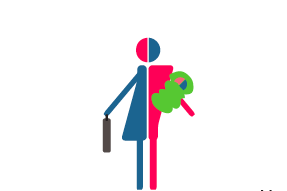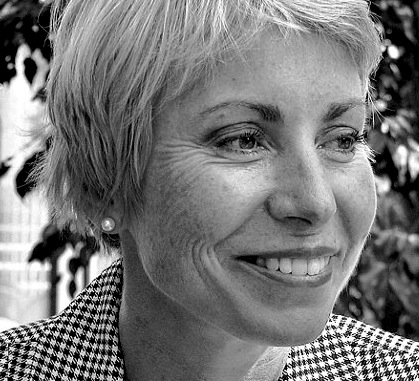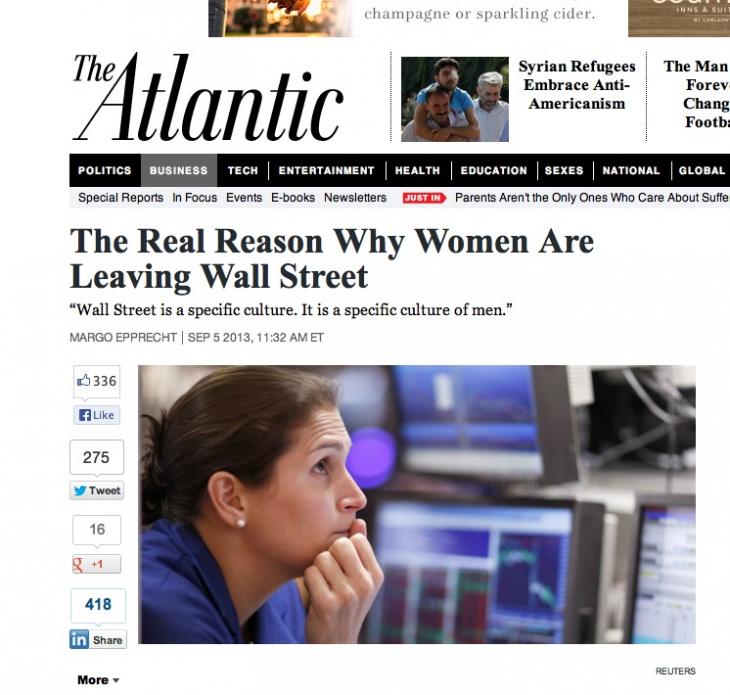The Ministry of Equal Opportunities of Slovenia launched a contest for the visual identity of a project aiming at addressing gender stereotypes. The response to the open call saved several surprises: outcomes and lessons learned from this innovative initiative
equal opportunities
A new portal is collecting resources about gender and science. The very first phase of the project was trying to answer two pivotal questions: is it really useful? And for whom? This is how they did it
What has Europe done to ensure an equal representation of men and women in Europe? The study “Electoral Lists ahead of the Elections to the European Parliament from a Gender Perspective”, published on the eve of the election to the European Parliamentary term 2014-2019, maps the representation of women and men on party lists at national level, provides key background information and analyses the effect of gender quotas on candidate lists.
Although the Prime Minister of Slovenia is a woman, the way to preeminent political roles is not yet paved to women. Gender stereotypes still affect the image and the possibilities of women in several domains, but, albeit slow, there are clear improvements.
Equal participation in decision-making is more important than ever for the future of the Union’s social and economic life. The 2014 elections to the European Parliament can make it or break it. Ideas from the 50-50 Equality Campaign
A wake-up call from the United States: with the pension system crysis, it becomes crucial to know how to manage our assets and make them bear fruit. And also, women are single in different stages of life and always longer: it is no more possible to leave the control of investments and savings to men.
Norwegian women believe that there is still a lot to do, even though - with a strong political will and focused actions - they have achieved concrete results towards a greater presence of women at the top of research
Spanish women face many risks as they are trapped in between a misleading media coverage and the lack of gender impact assessment of policies. The article proposes an analysis of the gendered impacts of the great recession on the Spanish labour market
Women, on average, have less trust in governments and less interest in politics than men. They do not join parties to the same extent as men, but they do participate in civic and associational life, and seem to prefer different channels in expressing their participation. How to improve their political engagement?
Fewer and fewer women on Wall Street. An article in The Atlantic has investigated the relationship between the crisis and women's leadership in high finance. Despite the female financial analysts are on average better than their male colleagues, the environment remains male-dominated.



















